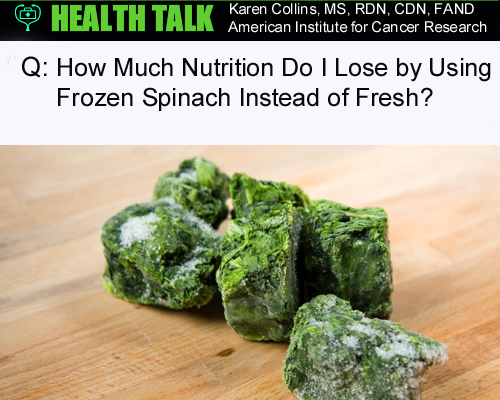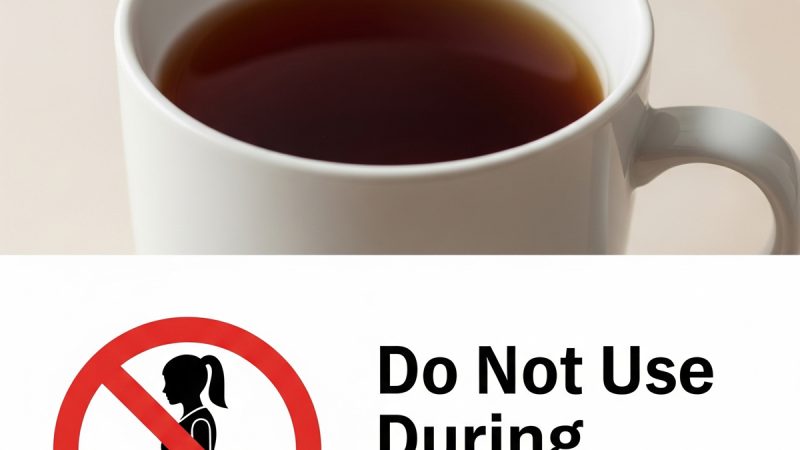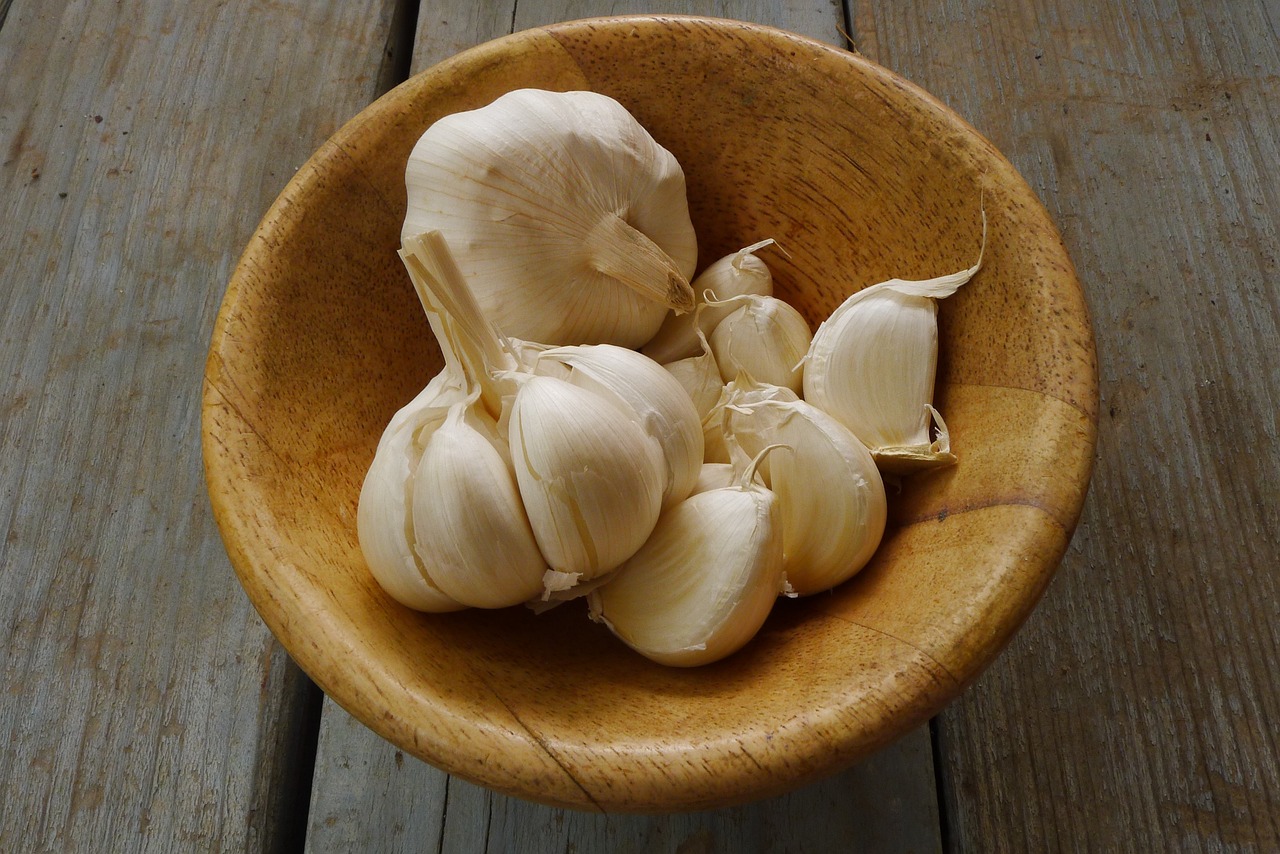How Much Nutrition Do I Lose by Using Frozen Spinach Instead of Fresh?

Q: How much nutrition do I lose by using frozen spinach instead of fresh?
A: Spinach is a powerhouse food containing vitamins and minerals and is a rich source of phytochemicals such as carotenoids and flavonoids. In general, the nutrients and other protective compounds in spinach are similar whether you use fresh and frozen. But compared to the frozen form, freshly harvested spinach provides more folate, a B vitamin that some studies have found may prevent heart disease according to the American Heart Association. However, a study at Pennsylvania State University shows that when fresh spinach sits in a truck for transportation over long distances, or sits in your refrigerator for a week, folate content drops so much that frozen spinach becomes the better source.
Freezing spinach does not seem to mean any loss in beta-carotene content. Frozen spinach is terrific to keep on hand for an easy nutrient boost in soups and sauces. For other uses, cook spinach (fresh or frozen) by steaming, microwaving, stir-frying or sautéing to retain folate and vitamin C. Boiling spinach in a pot of water can cut these vitamins’ content in half. When using frozen spinach, you can reduce vitamin C losses by cooking it directly from the freezer without thawing it first. However, to add frozen spinach to a casserole or pasta dish such as lasagna, your dish may turn out best if you do first thaw it (using the microwave makes it quick and easy), then place in a sieve or colander and use a large spoon to squeeze out the excess water. By squeezing this water in a bowl, you can refrigerate it and save to add to soup or pasta sauce, thus avoiding loss of vitamin C or other water-soluble nutrients.
The Author:
The American Institute for Cancer Research (AICR) is the cancer charity that fosters research on the relationship of nutrition, physical activity and weight management to cancer risk, interprets the scientific literature and educates the public about the results. www.aicr.org. AICR is a member of the World Cancer Research Fund International.








